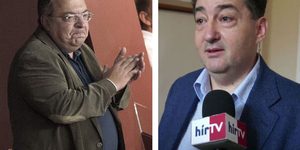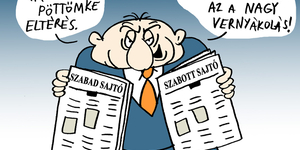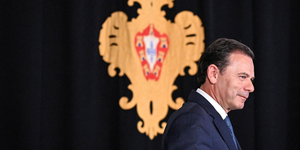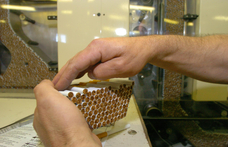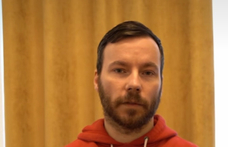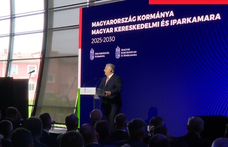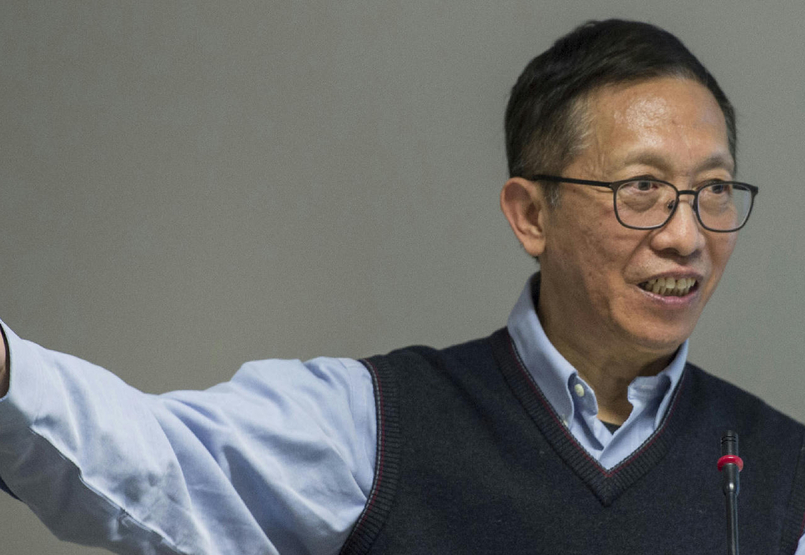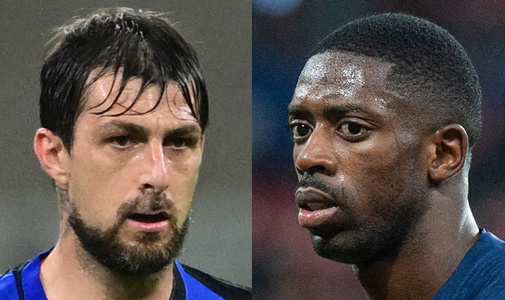They love me not?
The majority is cutting out the branch from beneath them
Hungarian Roma are unwilling to get into arguments with the local authorities on whom they depend, prefering to put up with legal abuses, according to Erzsebet Mohacsi, a 33-year-old Roma civil rights lawyer.
Crises and emotions
The wounds dividing Hungarian society have grown deeper over the past 16 years, with no sign of their healing. Does this mean that the regime change has not yet come to an end? Do we need a new revolution?
Looking for new orientation?
HVG online recently published a study assessing the situation and challenges facing the Hungarian Democratic Forum, intended by its author as a series of talking points for the party's leadership. The document was greeted with some disappointment, since it was little more than a string of commonplaces. If this is the intellectual level of the MDF, then Orban has little to worry about.
Hungarian police under siege
The delegation of the European People's Party in the European Parliament has held a hearing on the events in Budapest on 23 October.
Scandals at the Hungarian universities
Scandals surrounding the University of Cluj in Transylvania and the Slovakian government's decision to award development grants in a way that discriminates against Hungarians underpin our concern that the situation of Hungarians beyond the border is getting worse. Even though there are levers we can pull in Brussels and Strasbourg to defend the interests of the Hungarians of Slovakia and Romania, we have achieved little.
László Tamás Papp
Wild conspiracy theories are doing the rounds among the right. Supposedly, Gyurcsany deliberately 'unleashed' rioters on the TV headquarters in an attempt to win back the sympathy of a Hungarian public traditionally keen on law and order. If the government wants to refute these rumours, it will need to explain why the head of the Budapest Police, our Iron Prefect, went rusty that night, and who is ultimately responsible for what happened.
Storm in City Hall: interview with Andras Bohm
Andras Bohm, once a close colleague of Gabor Demszky, has been a member of the Free Democrats since 1990. Since 2002, he has been an MP and president of the Free Democrats' national council. Over 12 years until 2006, he was the leader of the Liberal group in the City Assembly. Relations between the two politicians broke down when the mayor reshuffled the Liberal group in the Assembly and chose new advisers. Since the local elections, their relationship has gone from bad to worse.

